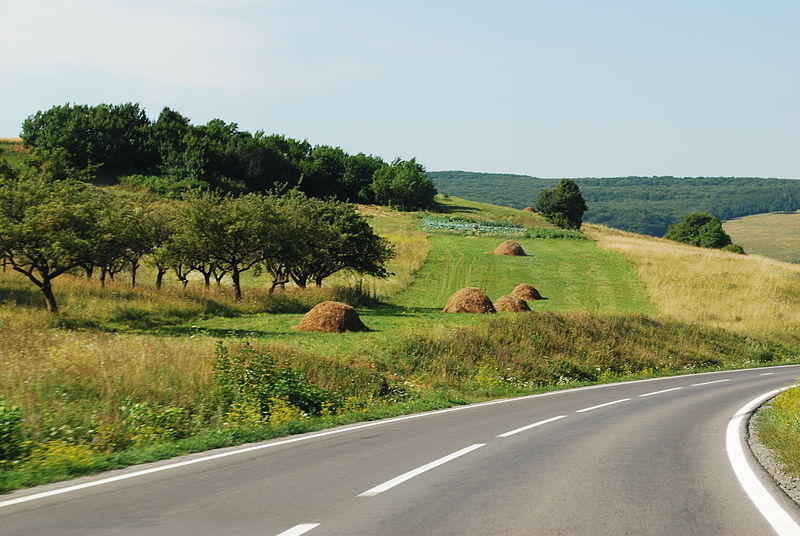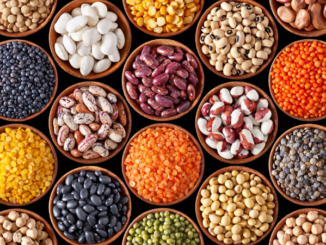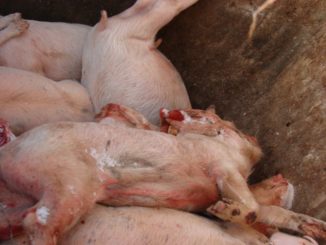Our generation highlights something about food that no other generations before us knew: “food can taste like plastic”. This is the result of the ever decreasing number of peasants and small food producers, combined with the monopoly of big industrial farms and supermarkets on the food chain.

In Romania, even in small cities, where peasants are still able to put their products on market tables for sale, we can see consumers going in and out of supermarkets located strategically near the peasants markets. Most of the products available in the supermarkets come from imports. This is called modernization: one might say its the consumer’s right to choose. But it’s also a very sad irony, if we look deeper into how Romania deals with the food industry and marketing of food.
Every day, tonnes of raw materials are traveling to Western countries, while tonnes of processed foods are brought into the country. This sounds odd? Let’s take a closer look. In most of 2013, Romania recorded a surplus of 301.1 million euros in the agricultural and food products market. Products like corn, wheat and sunflower seeds, especially raw materials, dominated the export markets. These products, together with tobacco, contributed to 53.5% from the revenues obtained on agricultural and food product exports, according to data from the Ministry of Agriculture. Compared to 2012, the extra revenues were obtained mostly from wheat export (+425.3 million euros), sunflower seeds (+169 million euros), rapeseeds (+147.9 million euros), corn (+81.1 million euros) and barley (+70.7 million euros).
While the exports of raw materials grew, the most imported products were the processed ones. The main imported products between 1st of January – 30th of November 2013 were pork meat, sugar, soy feed, pastry and bakery products and other foodstuffs. Compared to 2012, the imports grew for pastry and bakery products, soy seeds, cheese and chocolate, but decreased for corn (-71.6 million euros), sugar (-58.2 million euros), sunflower oil (-46.7 million euros) and raw tobacco (-16.2 million euros).
So, in 2013, Romania exported agricultural and food products valuing 4658 billion euros, 1043 billions more compared to 2012. This represents an increase of 28.9% for exports, while imports grew with just 2.2%, being valued at 4357 billion euros. Hence the paradox, Romania is exporting raw materials and imports them back, as processed food, at a much higher price.
The Romanian Government, just as almost any other European country, bases the country’s food security on large industrial development and investment but it doesn’t address food independence. The civil society advocates for food sovereignty, the right of people to control their own food systems. Imported processed food involves volatile market prices and long chain distribution systems. Local food production provides a consistent and sustainable amount of agricultural products, raw or processed. Generally, governments don’t recognize the potential benefits of short distribution chains where less transportation and middlemen are needed. Why? Because agricultural trade has gone global. Does this make sense under the terms of food sovereignty? Not really but until this system crashes, the true value of local and regional agriculture in individual countries will not be fully appreciated.




